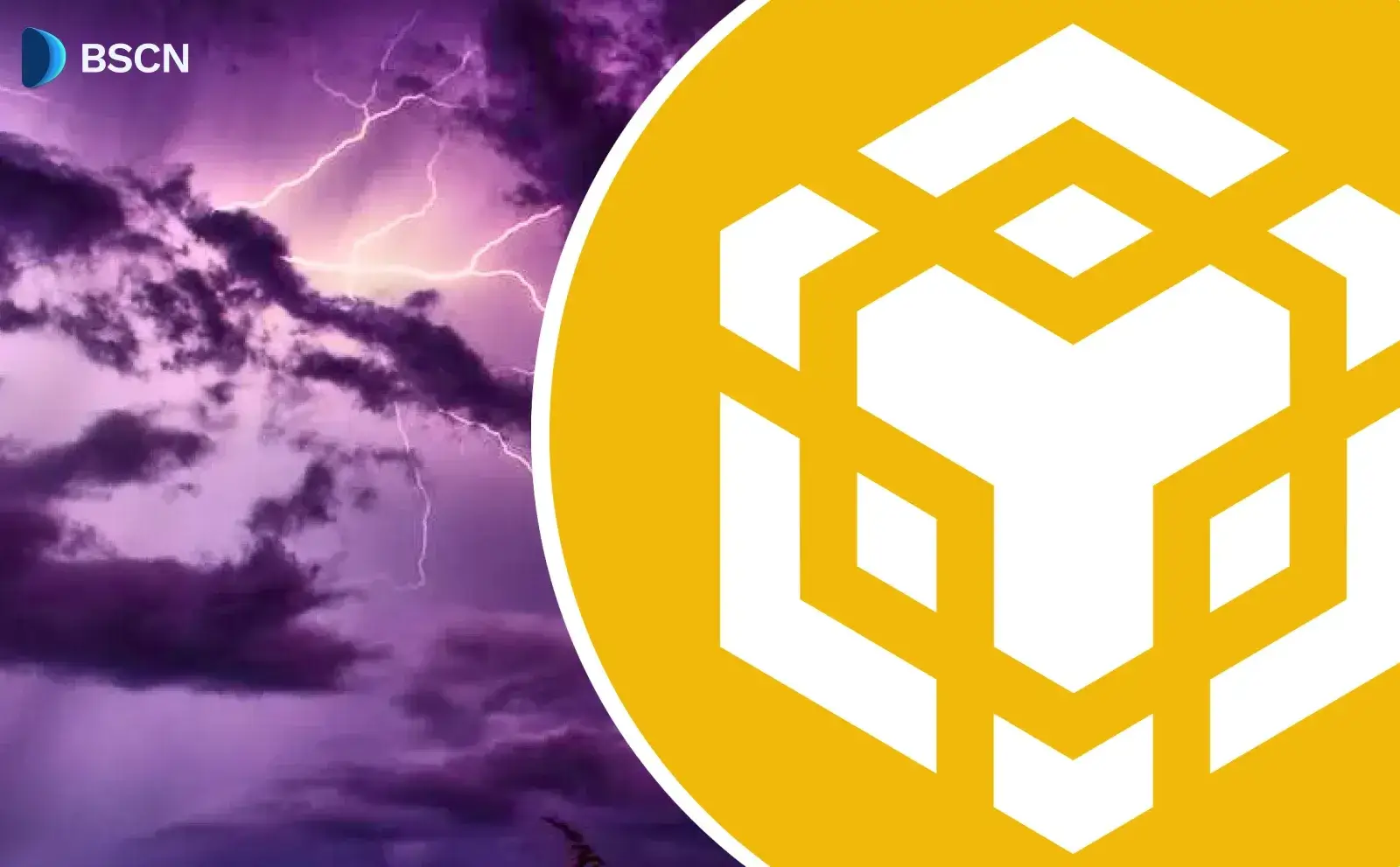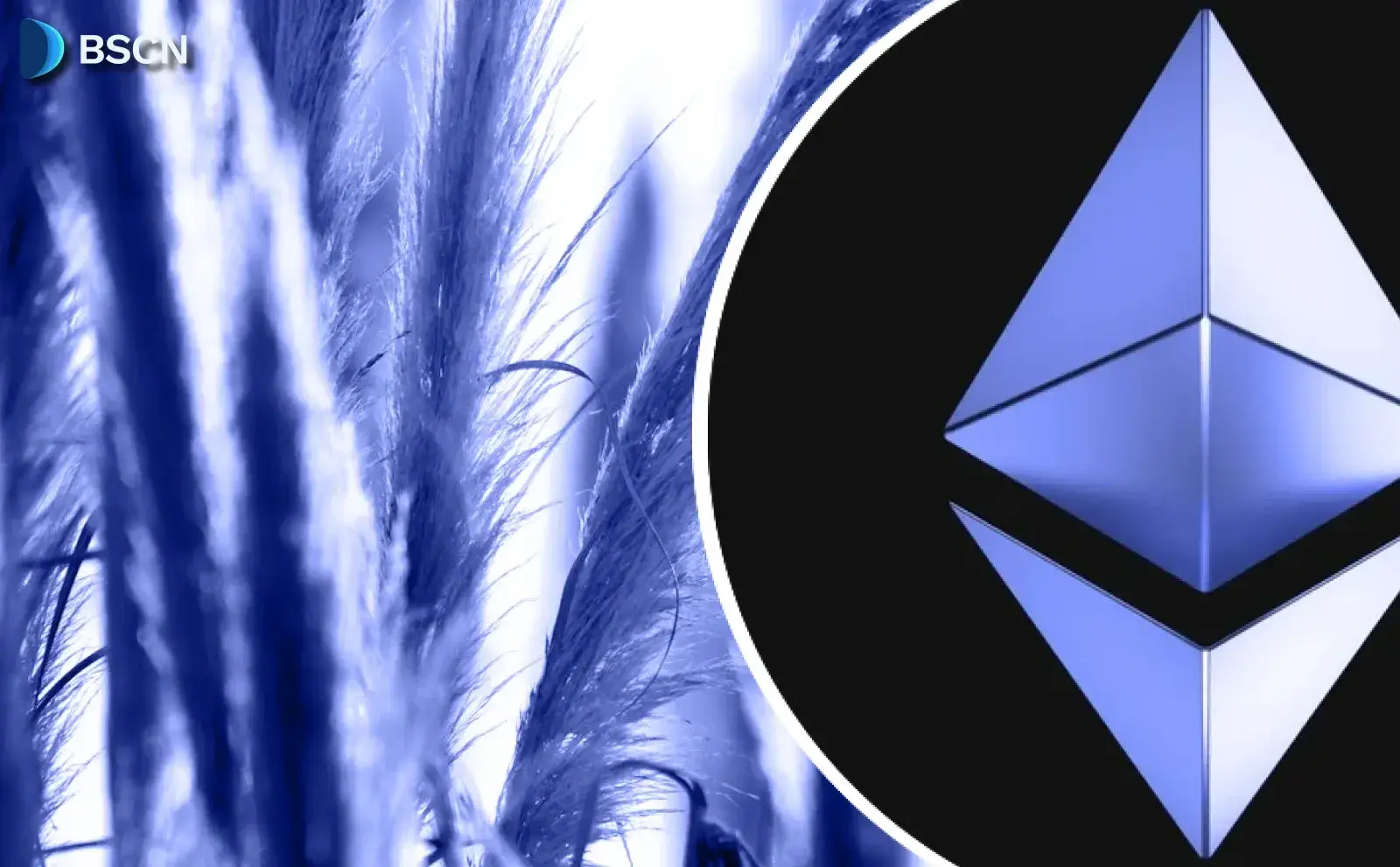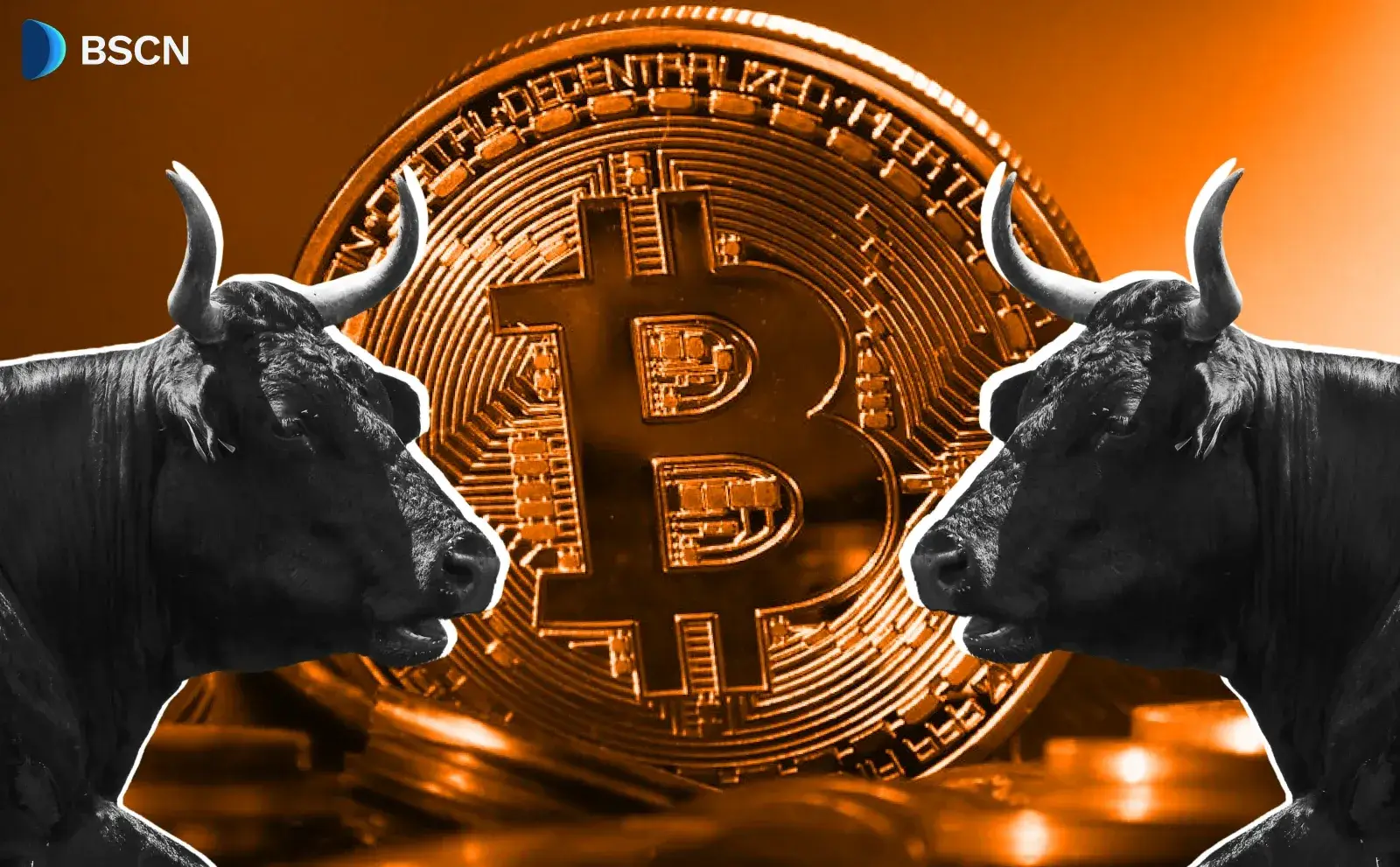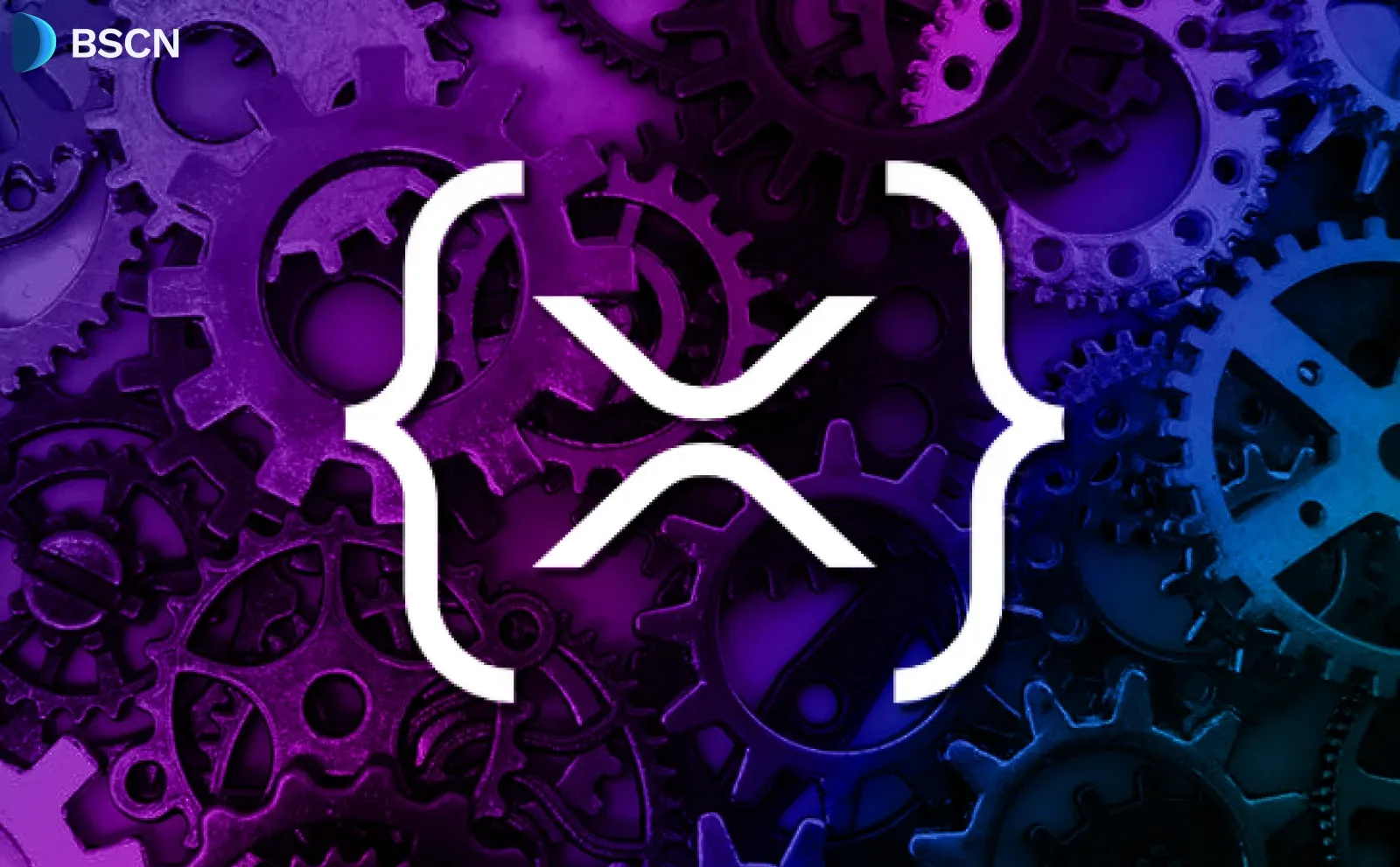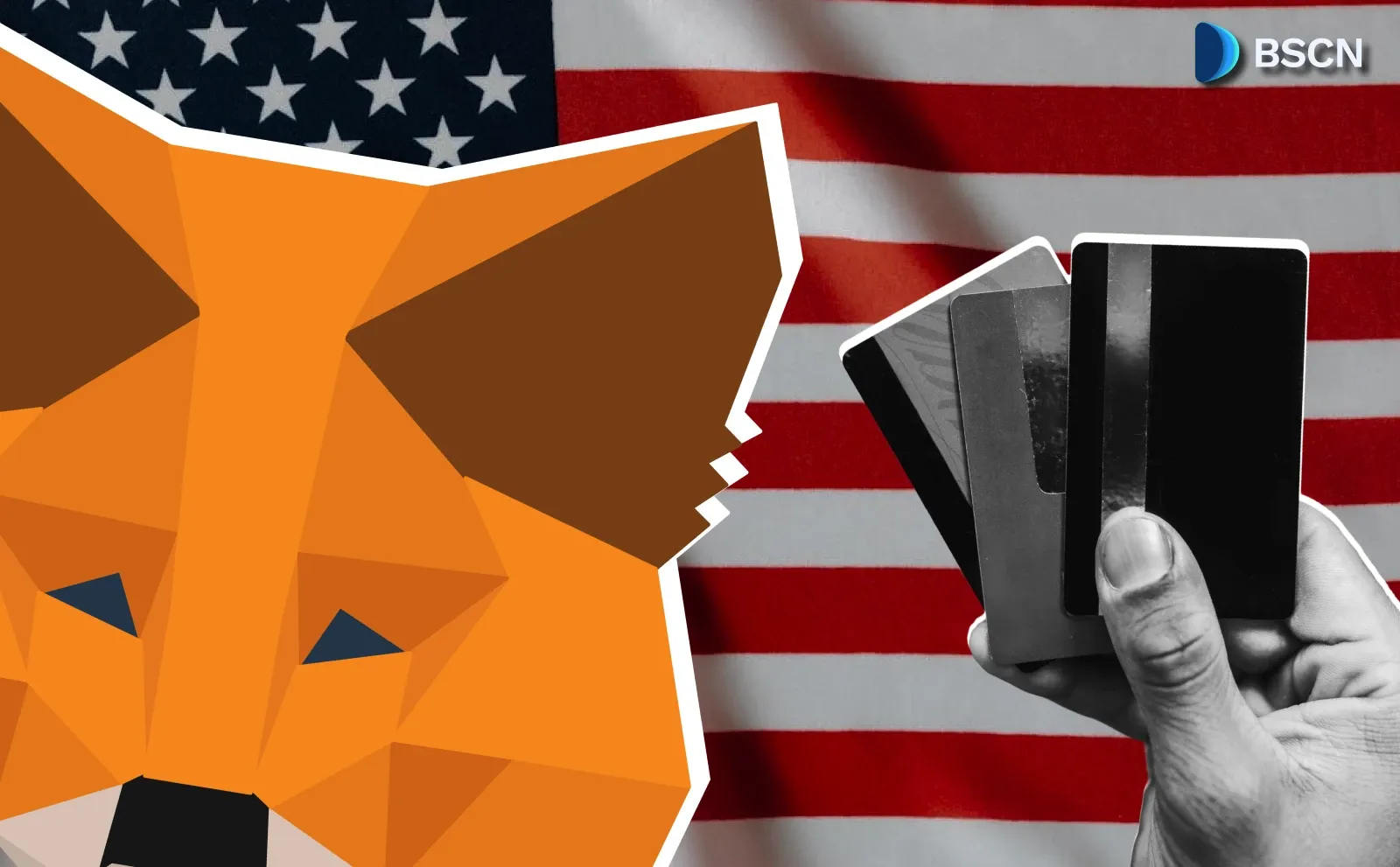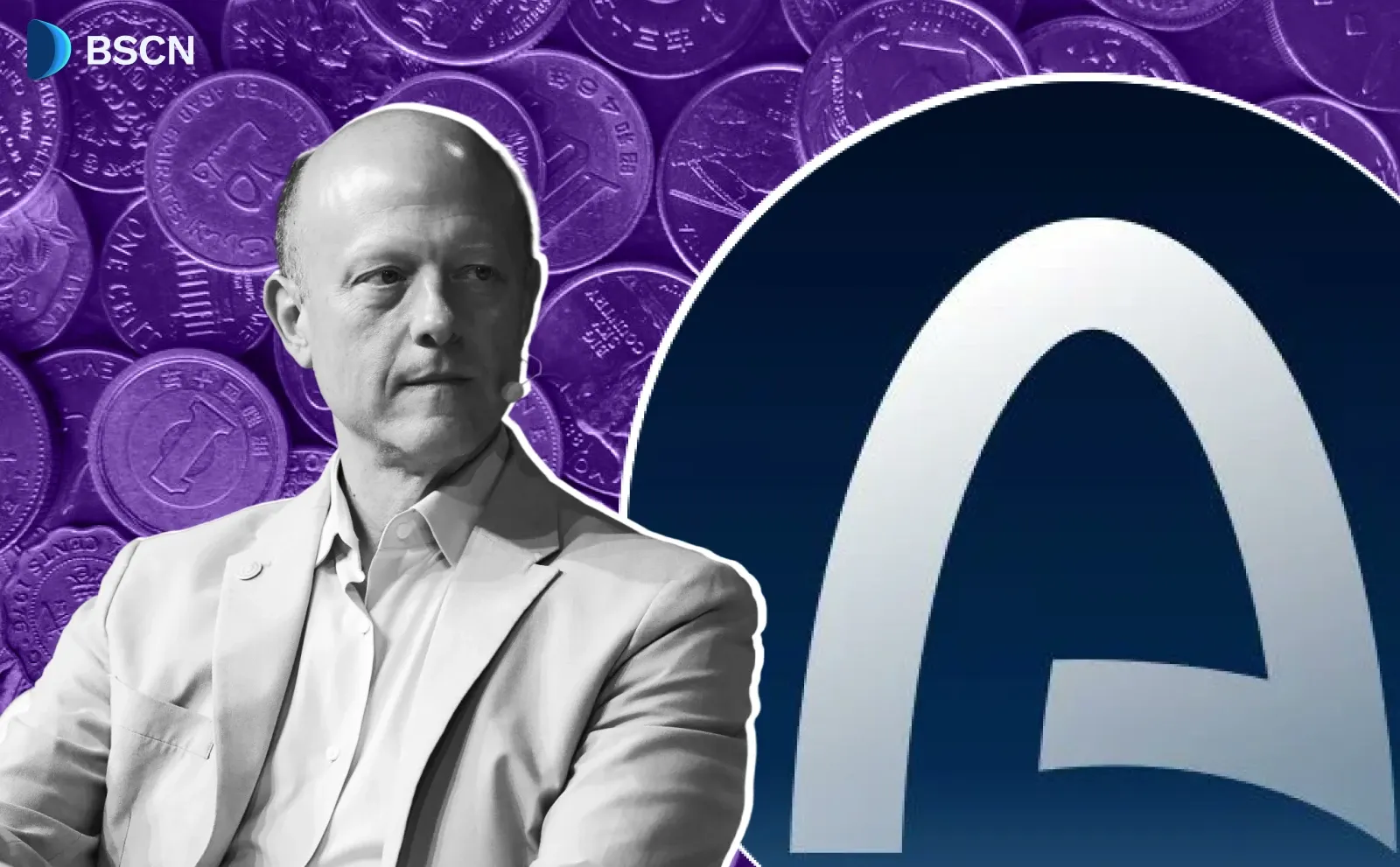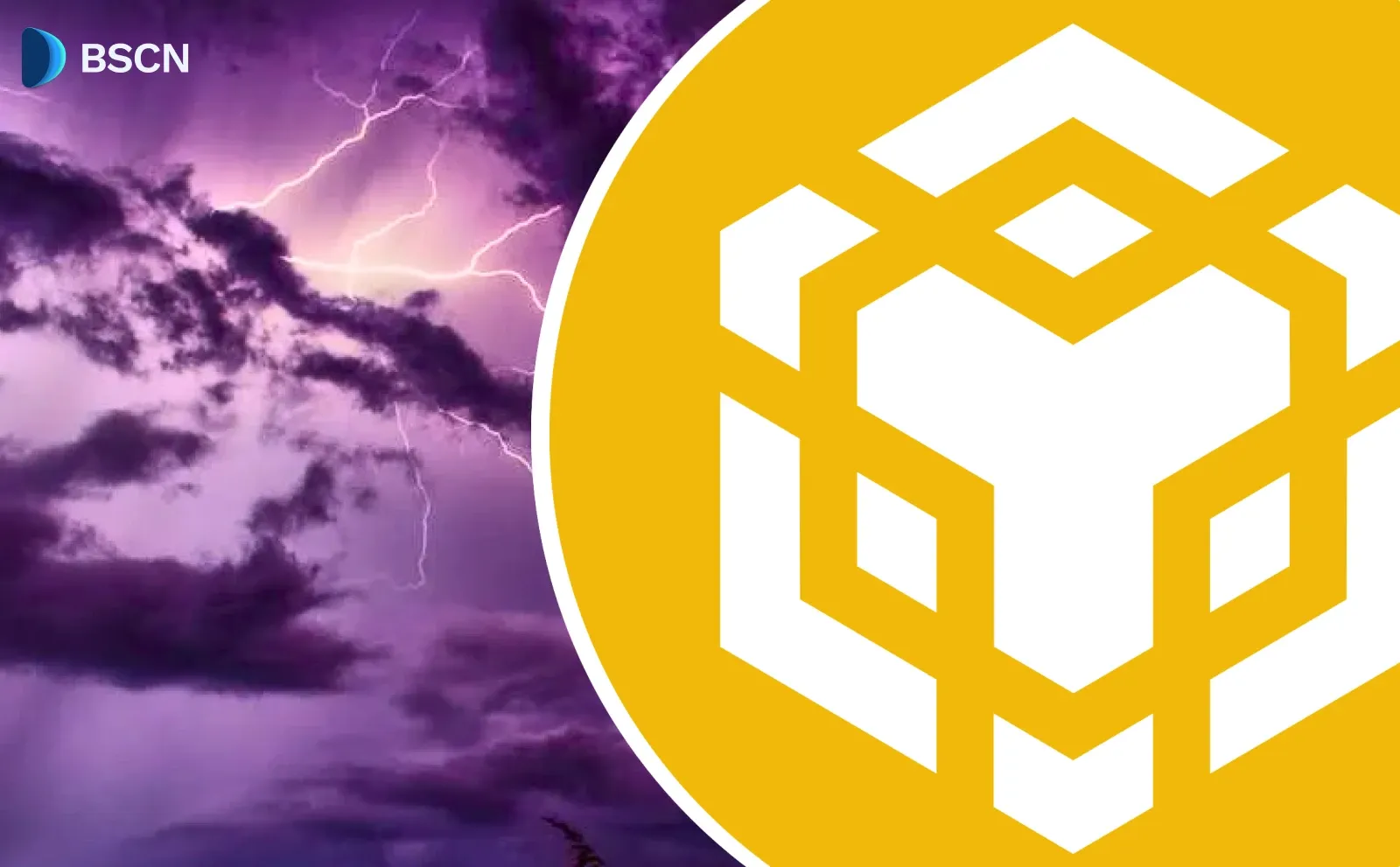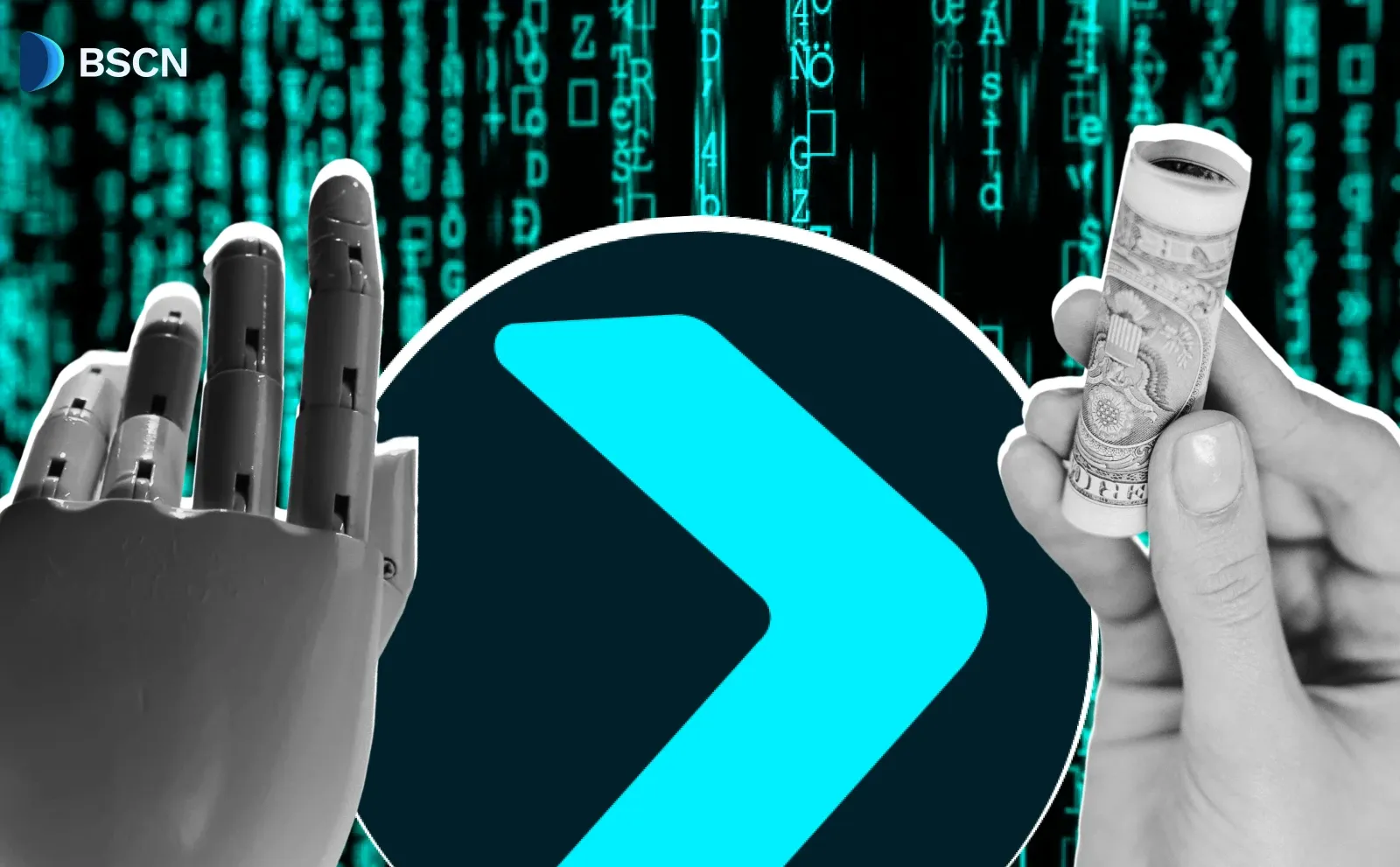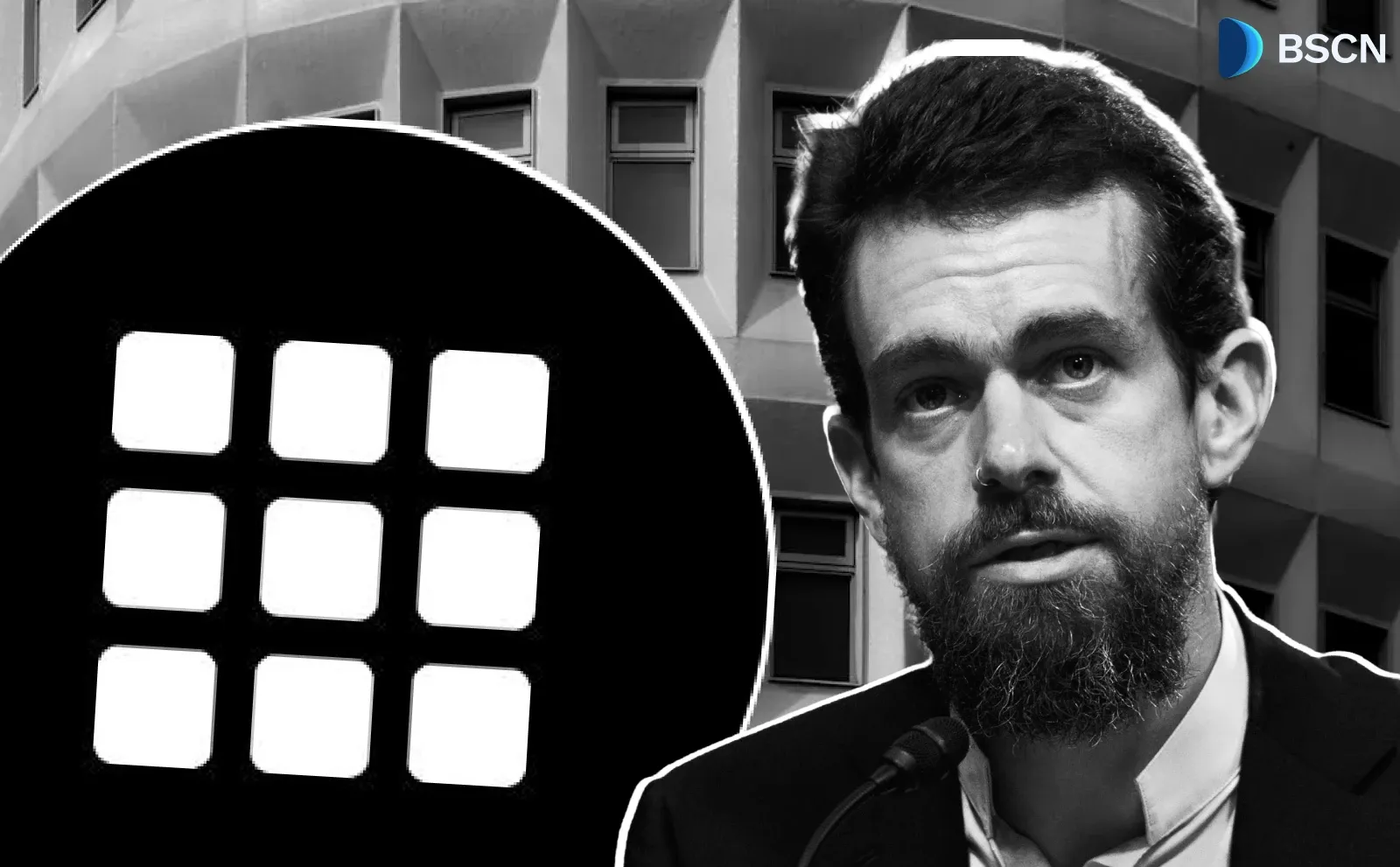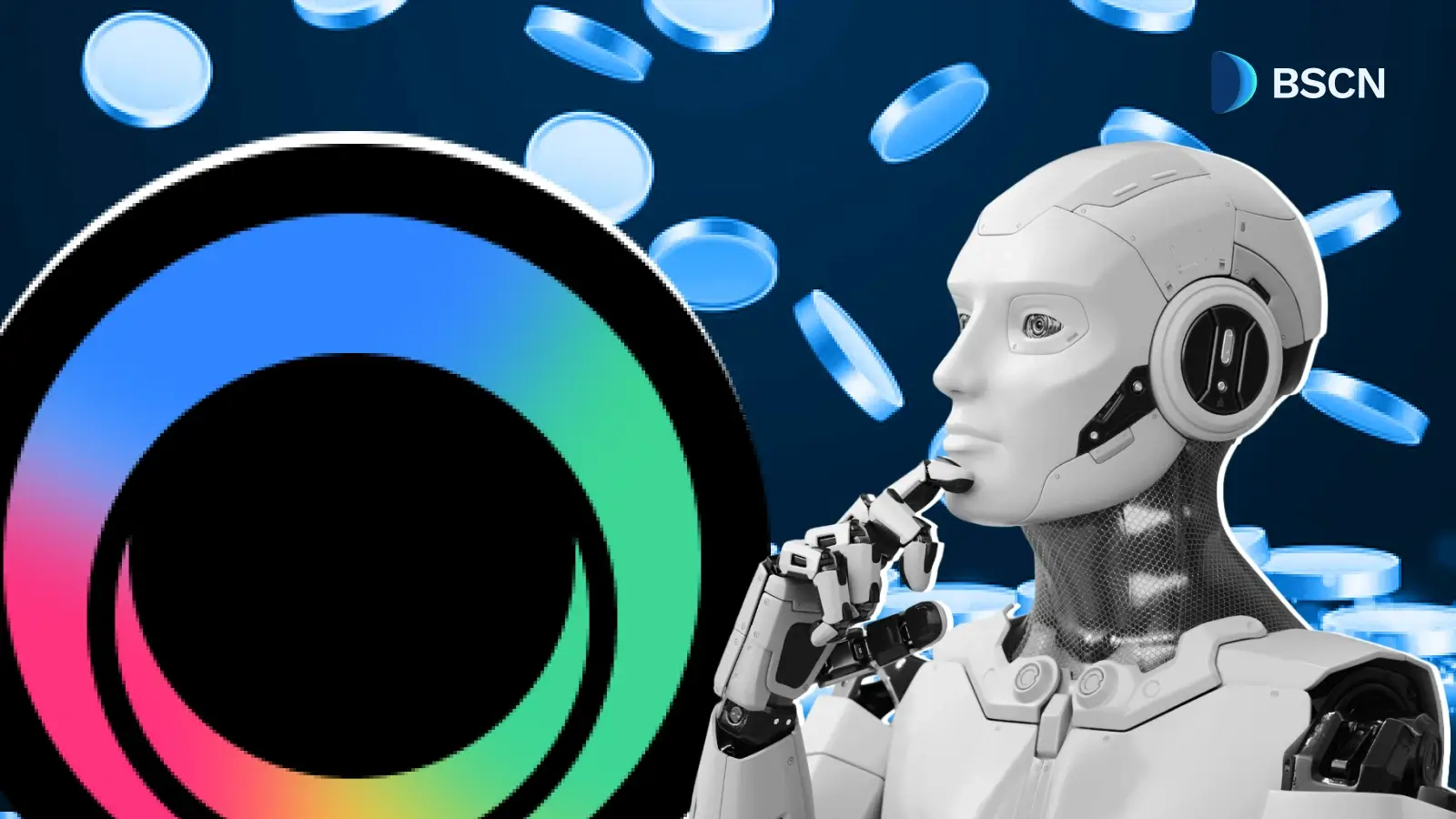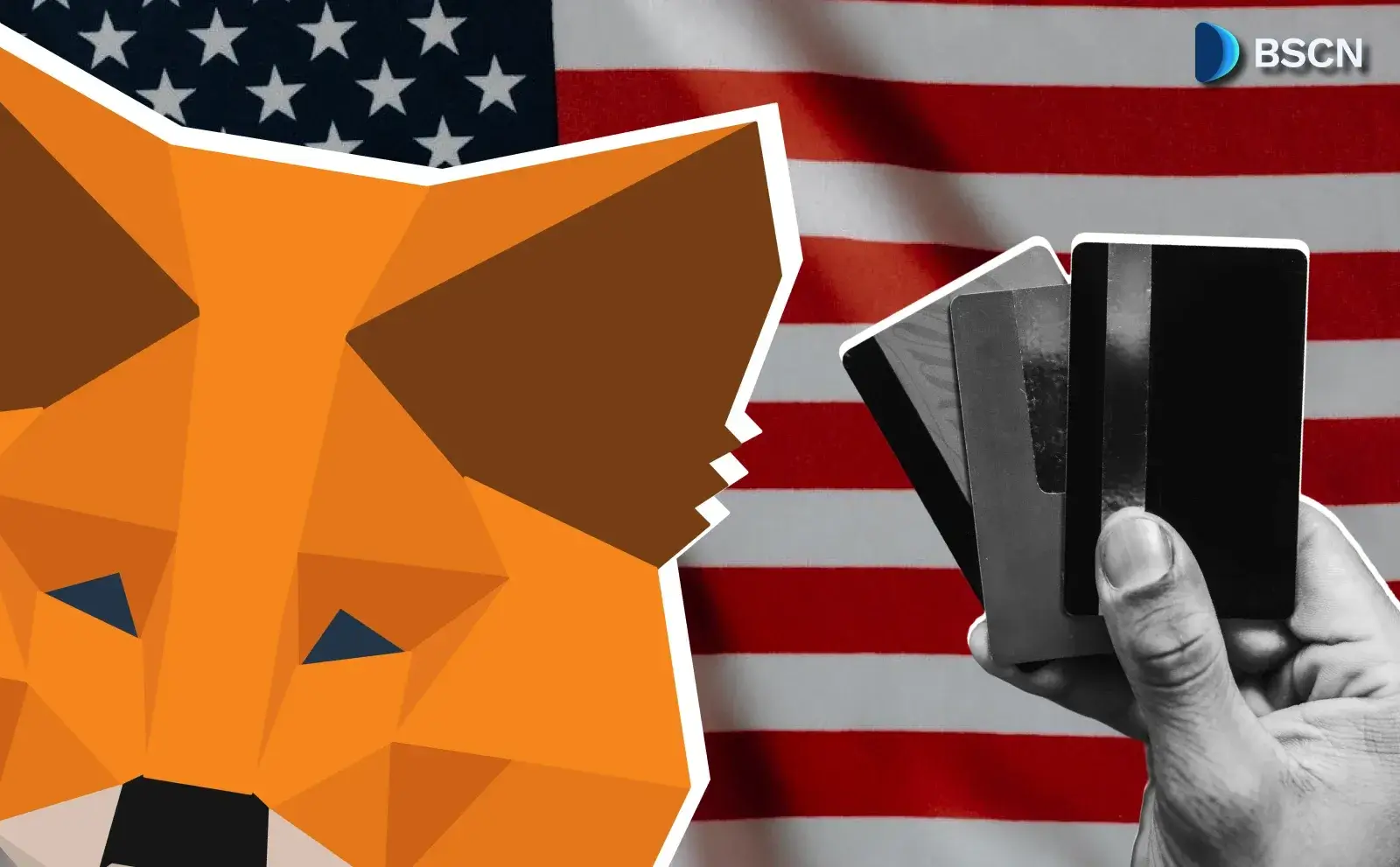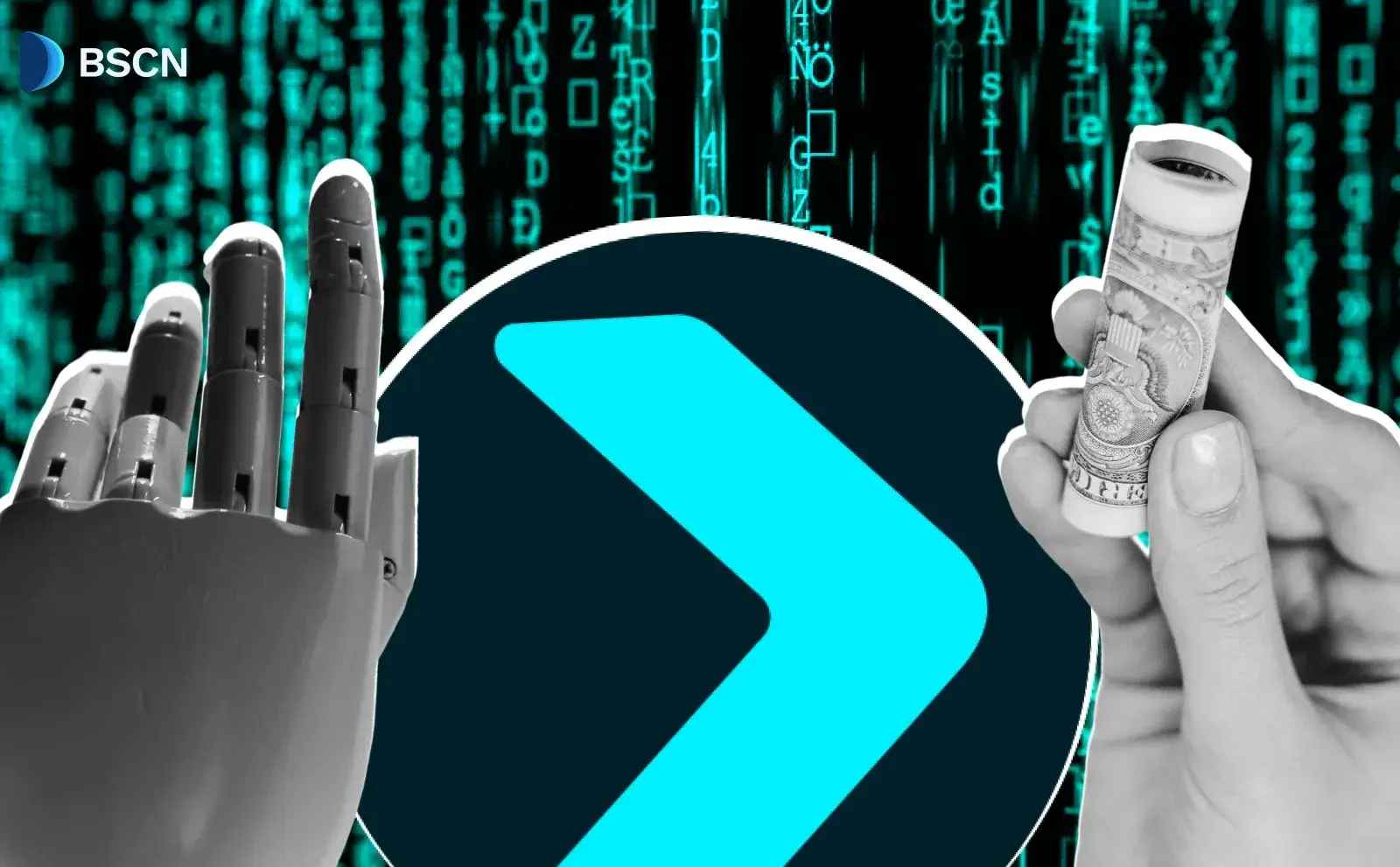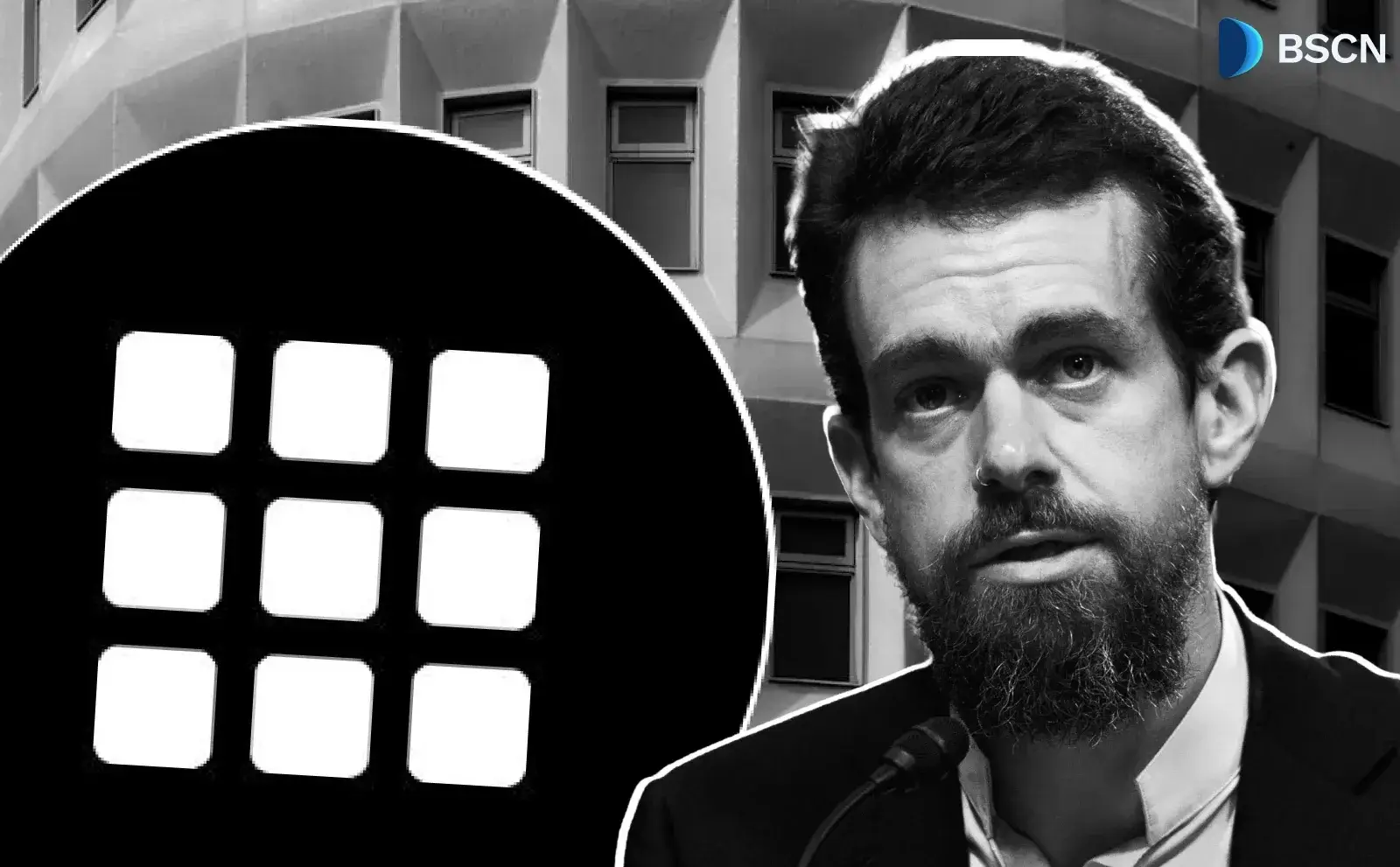The Rise of AI and Agentic Protocols in DeFi: A Look at Some of the Top Picks

AI and agentic protocols enhance DeFi efficiency through automation, with top picks like Virtuals, Infinit Labs, and Fetch.ai driving yield optimization.
UC Hope
October 27, 2025
Table of Contents
The integration of artificial intelligence into Decentralized Finance (DeFi) has advanced significantly by late 2025, with agentic protocols enabling autonomous systems to handle tasks such as yield optimization and risk assessment.
These developments have led to increased efficiency in blockchain-based financial operations, where AI agents execute strategies based on user inputs or data analysis.
What are AI and Agentic Protocols?
AI protocols in DeFi involve the use of machine learning models to process data and make decisions within blockchain environments. These include large language models adapted for on-chain activities, such as analyzing market trends or managing assets. Agentic protocols extend this by creating autonomous software entities, or agents, that operate independently or with minimal oversight.
These agents can manage wallets, execute trades, or interact across multiple blockchains based on predefined goals or user-supplied natural language prompts.
For instance, a user might enter a command such as "maximize yield on ETH," and the agent would handle the necessary transactions. Frameworks like G.A.M.E., which stands for Generative Autonomous Multimodal Entities, support the creation of such agents, allowing them to process text, voice, or visual inputs. In practice, these protocols often run on networks with low latency, such as Base or Solana, to ensure timely executions.
How are they Important in the Blockchain Industry?
AI and agentic protocols address key challenges in the blockchain industry, including scalability and user accessibility. By automating complex processes, they reduce the number of steps required for tasks such as cross-chain bridging or asset swapping, thereby decreasing transaction times and costs.
In DeFi, where total value locked is constantly increasing, these tools handle anomaly detection and automated trading, contributing to an estimated 15-20% of overall volume. They also support tokenized economies, with projections indicating $10.2 billion in revenue from AI-related assets by 2030, according to VanEck. Furthermore, these protocols facilitate intent-based operations, enabling agents to interpret user objectives and orchestrate actions across ecosystems, thereby enhancing interoperability in fragmented blockchain networks.
Applications of AI Agents in DeFi
AI agents apply to various DeFi functions:
- Data processing for yield generation and market analysis.
- In high-volume systems, agents automate cross-chain operations, such as transferring assets between networks like Ethereum and Solana.
- They can monitor liquidity pools in real-time and adjust positions to optimize returns, often integrating with oracles for accurate pricing data.
- Protocols use these agents for tasks like automated lending or borrowing, where they assess collateral values and execute loans based on risk parameters.
- In portfolio management, agents aggregate data from multiple sources to rebalance holdings, reducing manual oversight.
- In prediction markets, agents analyze historical trends to inform bets on outcomes.
Types of AI Agents Emerging in DeFi
Several types of AI agents have emerged in DeFi, categorized by their functions.
- Copilot agents assist users by guiding strategies, such as suggesting optimal yield farms based on current APY rates.
- Quant agents focus on automation, executing trades using algorithms for arbitrage or momentum strategies.
- Swarm agents operate in groups, coordinating across chains to handle complex tasks like multi-step swaps.
- Intent-based agents interpret natural language inputs to perform actions
- Multimodal agents process diverse data formats, including images, for verifying NFT authenticity.
AI Platforms in the DeFi Space: Top Picks
Virtuals Protocol
Virtuals Protocol operates on the Base network and serves as a platform for creating and tokenizing AI agents. Launched in early 2024, it uses a fair-launch model where agents accumulate tokens until reaching a threshold, such as 42,000 $VIRTUAL tokens locked, at which point they transition to liquidity pools.
The protocol's tokenomics involve using revenue from agent interactions to buy back and burn tokens, thereby supporting value accrual. $VIRTUAL tokens are required to pair liquidity and initiate agent creation. Agents built on Virtuals can perform tasks such as posting content, chatting on messaging platforms, and generating memes, with multimodal capabilities for diverse interactions.
The ecosystem includes projects such as Vader for AI-managed investment DAOs, Arbus for DeFi orchestration, BIOS, and BAIBY. Partners like Music, Pond Hub, and Seraph have integrated with Virtuals, while tokens such as AIXBT have seen gains of 20-25% driven by increased demand.
By October 2025, Virtuals had reached a market capitalization of nearly $1 billion, hosting agents for DeFi functions, including automated trading and portfolio management. This positions it as a central hub for AI assets that generate revenue autonomously. Trends indicate steady adoption, with its model drawing comparisons to launchpads for digital assets, making it a protocol to monitor for expansions in agent monetization.
Infinit Labs
Infinit Labs focuses on intent-based DeFi through its $IN token and a swarm of over 20 AI agents operating across 10 blockchains. These agents automate processes like bridging assets, swapping tokens, and optimizing yields via natural language prompts, reducing the steps in DeFi transactions. The protocol has achieved $630 million in total value locked and processes $200 million in monthly volume. Security audits by firms like PeckShield have been completed, and integrations with tools such as KaitoAI provide incentives for users.
Infinit Labs is known for its emphasis on one-click executions, which streamline user experiences across multi-chain environments. It stands out for its audited infrastructure and broad chain compatibility, suggesting it is worth watching for further developments in scalable agent swarms that enhance DeFi accessibility.
Velvet Capital
Velvet Capital integrates AI for trading and portfolio management. It operates as an operating system where users can execute trades and manage assets across multiple blockchains, including Ethereum, Base, Solana, and Binance Smart Chain. The platform uses an intent-based system, allowing users to input goals such as maximizing returns or automating portfolios, which are then handled by AI and smart contracts.
Key components include tokenized vaults for yield generation, an AI-powered trading terminal called Trenches for market analysis and execution, and a Creator Coin Index for social portfolios.
Recent developments include a partnership with Aethir for access to bare-metal GPU clusters, enhancing AI execution speeds for cross-chain operations. This supports features like agent strategies and vault management.
Fetch.ai
Fetch.ai, part of the ASI Alliance following mergers with SingularityNET, Ocean, and CUDOS, deploys autonomous agents for tasks including trading, gas optimization, and risk management. The $ASI token underpins this network, which emphasizes decentralized neural-symbolic large language models.
The platform enables real-time data oracles and agentic workflows, such as automating trades to capitalize on market opportunities. In September 2025, it released ASI:One, a Web3 large language model for Android and iOS, enhancing agent intelligence.
Fetch.ai contributes to the ASI Alliance's over 200 services and $500 million in volume, with applications in logistics via partnerships like Bosch. It focuses on creating scalable AI services without centralized control, supporting use cases in supply chains and secure data monetization.
Benefits of AI Integration for Efficiency and Security
AI integration in DeFi provides specific benefits in efficiency and security. As highlighted several times, Agents reduce operational steps, enabling transactions that previously required multiple approvals to be completed in a single action, thereby lowering gas costs on networks like Base.
For security, AI models detect anomalies in transaction patterns, flagging potential exploits in smart contracts. Audits by firms like PeckShield, as seen in some protocols, combine with AI monitoring to enhance protocol integrity.
Accessibility improves as agents handle technical complexities, allowing users without coding knowledge to engage in advanced strategies. In terms of efficiency, AI optimizes resource allocation, such as routing trades along the lowest-fee paths, thereby increasing overall system throughput.
Conclusion
AI and agentic protocols have integrated into DeFi by automating tasks and improving efficiency across the blockchain ecosystem. These systems handle yield optimization, risk assessment, and intent-based execution, with specific implementations such as multimodal agents and swarm intelligence that address industry needs.
Monitoring these protocols offers insights into ongoing developments, underlining their role in managing complex blockchain operations.
Sources:
- VanEck’s Crypto AI Revenue Predictions: https://www.vaneck.com/it/en/blog/digital-assets/vanecks-crypto-ai-revenue-predictions-by-2030/
- AI Fueling the next Ethereum Boom: https://cryptoslate.com/ai-x-crypto-2025-will-the-machine-economy-fuel-the-next-ethereum-boom/
- What are AI Agents: https://decrypt.co/resources/what-are-ai-agents-how-autonomous-programs-are-transforming-cryptocurrency
- Agentic Finance: https://cointelegraph.com/news/agentic-finance
- AI Agents in DeFi and Gaming Applications: https://www.coindesk.com/opinion/2024/12/11/crypto-for-advisors-ai-blockchain-crypto
Read Next...
Frequently Asked Questions
What is an agentic protocol in DeFi?
An agentic protocol in DeFi is a system where autonomous AI entities execute financial tasks, such as trading or yield management, based on user prompts or data.
How do AI agents improve DeFi efficiency?
AI agents reduce transaction steps by automating processes like cross-chain swaps and risk analysis, potentially handling 15-20% of DeFi volume.
Which blockchains support agentic protocols?
Networks like Base and Solana are common for agentic protocols due to their low latency and high throughput, enabling real-time agent operations.
Disclaimer
Disclaimer: The views expressed in this article do not necessarily represent the views of BSCN. The information provided in this article is for educational and entertainment purposes only and should not be construed as investment advice, or advice of any kind. BSCN assumes no responsibility for any investment decisions made based on the information provided in this article. If you believe that the article should be amended, please reach out to the BSCN team by emailing [email protected].
Author
 UC Hope
UC HopeUC holds a bachelor’s degree in Physics and has been a crypto researcher since 2020. UC was a professional writer before entering the cryptocurrency industry, but was drawn to blockchain technology by its high potential. UC has written for the likes of Cryptopolitan, as well as BSCN. He has a wide area of expertise, covering centralized and decentralized finance, as well as altcoins.
Crypto Project & Token Reviews
Project & Token Reviews
Comprehensive reviews of crypto's most interesting projects and assets
Learn about the hottest projects & tokens




